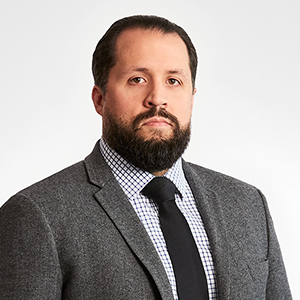Milwaukee’s Property Tax Heavy Revenue System Needs Change, Researcher Says
The City of Milwaukee stands out among its peers when it comes to the structure for financing government functions. And that’s not a good thing.
A new report from the Public Policy Forum, a non-partisan Milwaukee non-profit that researches government issues, finds that Milwaukee receives a higher share of its revenue to run city government from property taxes than any other city among 39 in America with populations between 300,000 and 1 million. And Milwaukee stands alone by a wide margin.
Other cities have more tools for collecting revenue than Milwaukee, including sales taxes, local income taxes and entertainment taxes, Rob Henken, president of the policy forum, said at an “On the Issues with Mike Gousha” program at Marquette Law School on Wednesday. That leaves Milwaukee overly reliant on two ways of paying for public service — property taxes and state aid payments that have been effectively shrinking.



